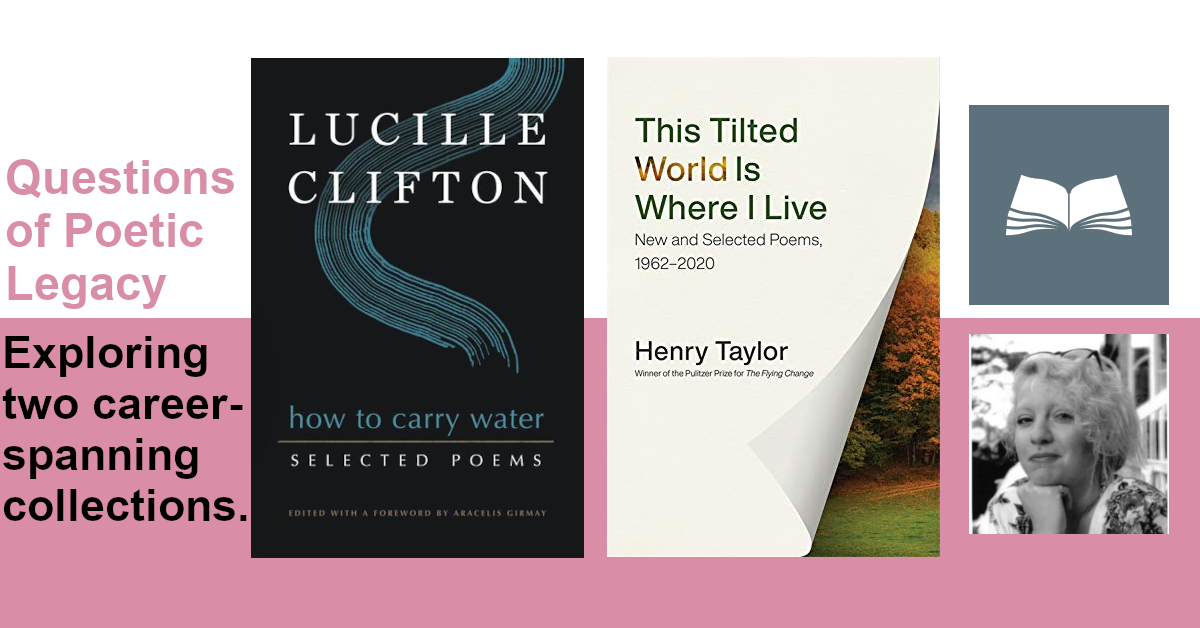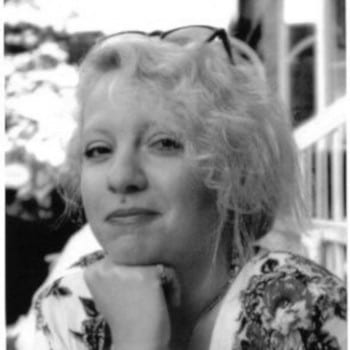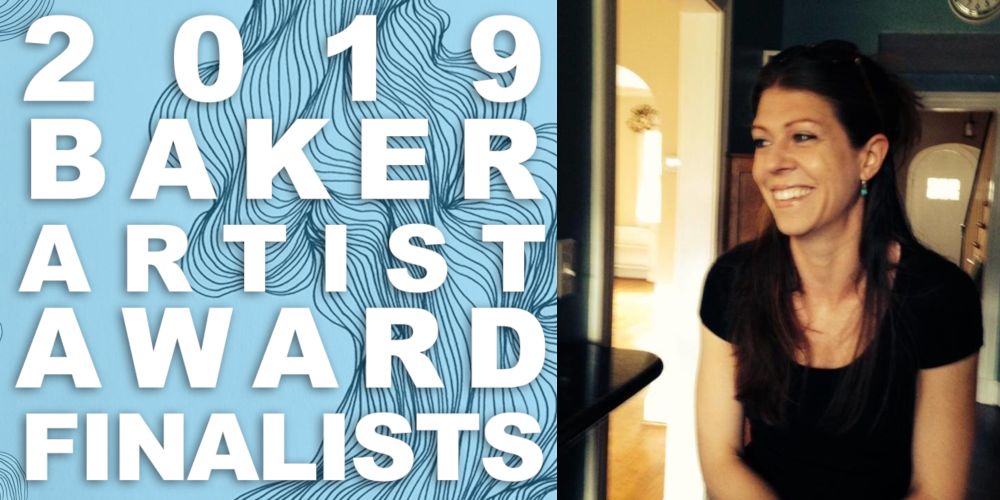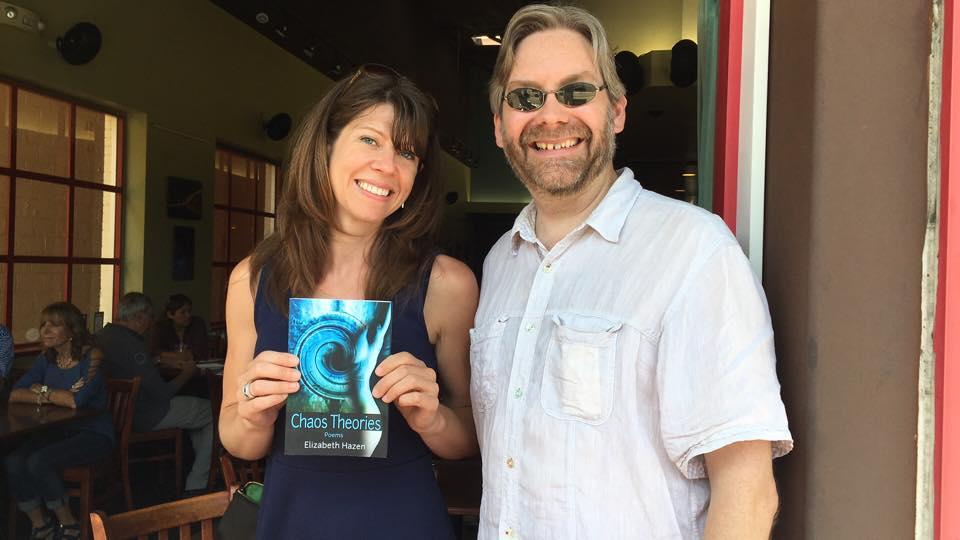Selected Lucille Clifton and Henry Taylor Reviewed by Rose Solari
This edition of Solari's review column for The Washington Independent Review of Books tackles new selected editions of the poetry of Lucille Clifton and Henry Taylor

In her latest review column, Rose Solari tackles the selected poetry of two stalwarts of American letters, Lucille Clifton and Henry Taylor. Solari looks at the continuing legacy of the late Clifton and a Taylor who has chosen the Winnebago over the academy.
Rose Solari keeps a regular poetry review column on The Washington Independent Review of Books' website. Last month she reviewed four new books of poetry from independent presses which explore the theme of "challenge and ambition." Check out more reviews by Solari here.

Rose Solari is the author of three full-length collections of poetry, The Last Girl, Orpheus in the Park, and Difficult Weather; the one-act play “Looking for Guenevere”; and the novel A Secret Woman. She has lectured and taught writing workshops at many institutions, including the University of Maryland, College Park; St. John’s College, Annapolis, Maryland; and the University of Oxford’s Centre for Creative Writing in Oxford, England. Her awards include the Randall Jarrell Poetry Prize, an EMMA award for excellence in journalism, and multiple grants. In 2010, she co-founded Alan Squire Publishing, a small press with big ideas.
Fiddlin’ Around in Ireland
Nothing buoys the spirits like a walk along Grafton Street. Gray day or sunny, it’s bright with noise and laughter. Loud “hellos,” babies crying, neighborly gossip, rich brogues and lilting Irish airs float up onto the breeze. Our chosen course allowed for a stroll through St. Stephen’s Green. Sunlight dappled the leafy brakes. Inspired by the moment, Lawrence liberated his fiddle and sawed out a hornpipe. He was joined in his performance by a pair of amorous ducks.
On Grafton street we were immediately surrounded by music. A couple of 9 and 10-year-old boys, Donald Reagon and Paul O’Neill, were delighting passersby with smooth moves on the fiddle and concertina. College students with shaved heads played sitars. Old men played jazz. A guitarist somewhere was plucking out George Harrison tunes and singing, “Here comes the sun, little darlin’ here comes the sun.”
On that musical street there was only one poet—a threadbare character who, for a pound or a punt (Irish pound) or nothing at all, would recite a poem by a poet of one’s choosing. I selected Yeats and was honored with “The Fiddler of Dooney”:
“When I play on my fiddle in Dooney, Folk dance like a wave of the sea . . .”
An Interview with Elizabeth Hazen, Baltimore Poet and Baker Award Finalist
Baltimore poet, Elizabeth Hazen’s first collection of poems is entitled Chaos Theories. Last week the young poet was announced as a finalists for the prestigious Baker Artist Award in literature. We sat down to talk with her about her experience in Baltimore as an artist and what programs like The Baker Awards mean to artists.
Elizabeth Hazen Announced as a Finalist for the 2019 Baker Award
This year, ASP’s own Elizabeth Hazen, author of the poetry collection Chaos Theories, is a finalist for the $10,000 literary honor. Hazen is a Baltimore resident and ardent supporter of the city’s burgeoning arts scene (named by Thrillist and Departures magazines as one of the best arts cities in America). She received her MFA from Johns Hopkins University and currently teaches English at the Calvert School in Baltimore.

